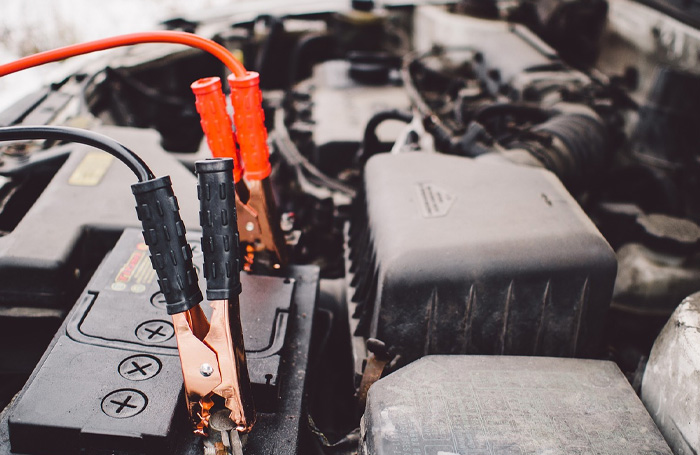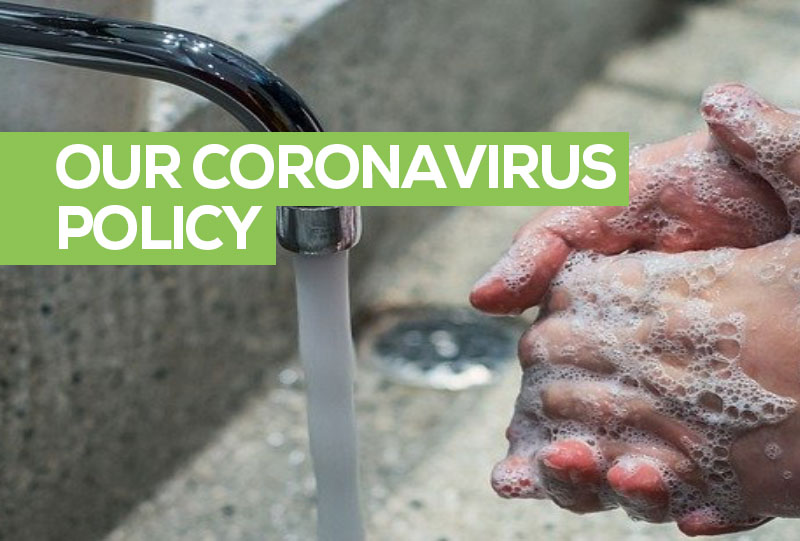How to Dispose of a Car Battery? (Safely, Ethically, & Legally)

The responsible disposal of car batteries is extremely important, as they can be harmful to the environment, wildlife, and the well-being of our local communities and individuals. If not disposed of properly (and legally), car batteries can release toxic chemicals into the soil and water, presenting a danger to human and animal health.
There are laws in the UK covering the proper disposal of car batteries.
If you don’t have time to read them, or just want to dispose of car battery quickly, you can call us at Zero Waste Group. We will collect car batteries from your property, and then make sure they are disposed of safely and legally – you will get a waste transfer note confirming this after we have disposed of it.
However, if you wish to dispose of a car battery yourself, here’s all you need to know including the various options.
How to dispose of a car battery
Car batteries contain hazardous materials, including lead and sulfuric acid, so must be handled safely during the disposal process. The UK has established strict guidelines for the disposal of car batteries, covering everything from collection to processing of used batteries.
Here’s what you can do with an old car battery so you stay safe and on the right side of the law.
1. Identify what type of car battery it is first
There are two types of car batteries: lead-acid and lithium-ion. Lead-acid batteries, which have been in use for over 100 years, are the most common type. Lithium-ion batteries, a more recent class, are more common in modern vehicles.
To find out which type of car battery you have, you should be able to find out from the label or refer to your car’s owner manual. Lead-acid batteries generally have a voltage of 12 volts and are noticeably heavier in weight compared to lithium-ion batteries, which typically have a voltage of 3.7-4.2 volts, being lighter and more compact in size.
2. Prepare the car battery for disposal
Before you remove the old battery from your ca, perhaps consider wearing protective gloves and eye protection.
Once you have removed the car battery, clean the battery terminals to get rid of dirt or debris. This is important as it could reduce the chance of an accidental spark that could ignite any hazardous chemicals that may have leaked from the battery.
When disconnecting the battery, start by disconnecting the negative terminal. This helps top stop electrical sparks.
Alternative options of disposing of car batteries in the UK
If you decide not to use Zero Waste Group to collect your old car batteries for a legal disposal, then there are several other options you can consider. These include recycling centres, car battery collection services, car dealerships, and household waste recycling centres (HWRCs).
Recycling centers aren’t available all over the UK but are a good option as they equipped to handle hazardous materials and have the necessary facilities and processes in place to safely recycle batteries. Many of them will accept car batteries and will either pay you for your used battery or charge a fee for disposal.
You might also find a car battery collection service to dispose of your old car battery. These services are usually provided by car battery manufacturers or recyclers and could be part of a larger recycling program. They might come to your house to pick up the used batteries and then take them off to a recycling facility for processing.
Some car dealerships could also offer to dispose of your car battery. For example, if you are buying a new battery, they may take your old one in exchange. Some might charge a fee.
Household waste recycling centers run by your local council will also accept car batteries for disposal. Not all HWRCs accept car batteries, so it’s best to check before you go.
If your HWRC will dispose of old car batteries, tell them when you arrive what type of battery it is. You might be asked to separate lead-acid and lithium-ion batteries. Lead-acid and lithium-ion batteries must be processed differently due to their different chemical compositions. Lead-acid batteries are typically processed for their lead content and the sulfuric acid is neutralized and safely disposed of.
In the UK, car battery disposal sites must maintain accurate records of the batteries they receive, including the type of battery, the date of receipt, and the name and address of the person who brought the battery in.
This information is used to track the disposal of batteries and to ensure that the regulations are being followed. It is also used to monitor the recycling process and to verify that the batteries are being properly handled and disposed of.
To conclude, the proper disposal of car batteries is important as it helps protect the environment, wildlife, and human health. In the UK, there are very strict laws on how you do it, so don’t be tempted to dump or bury your old car battery. It is also against the law to put car batteries in your bin to be picked up as household waste.
By properly disposing of your car battery by using Zero Waste Group or a recycling service, you can be sure it’s being done responsibly, legally, ethically, and safely.




